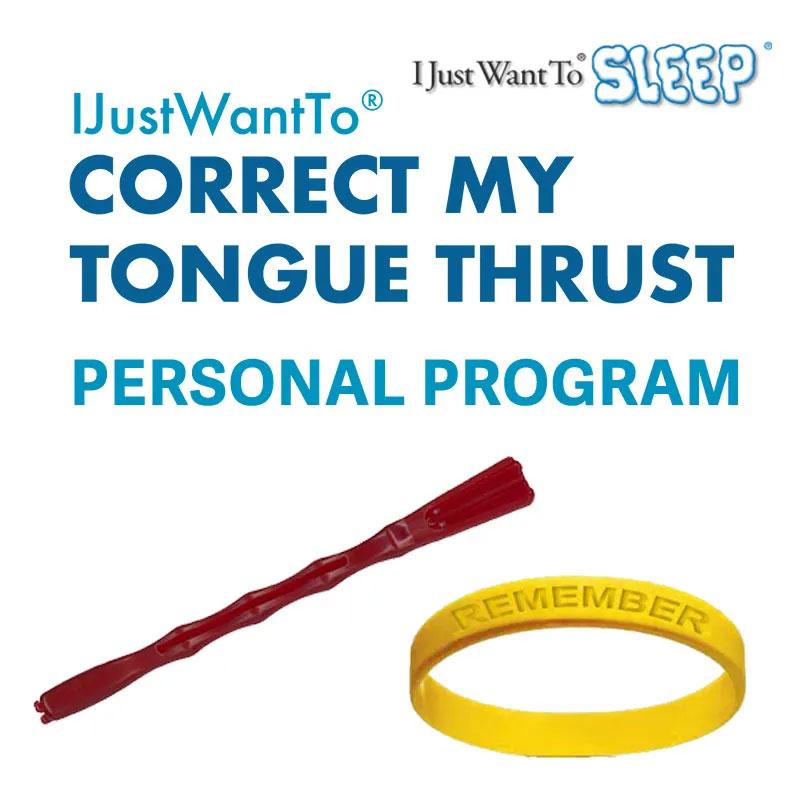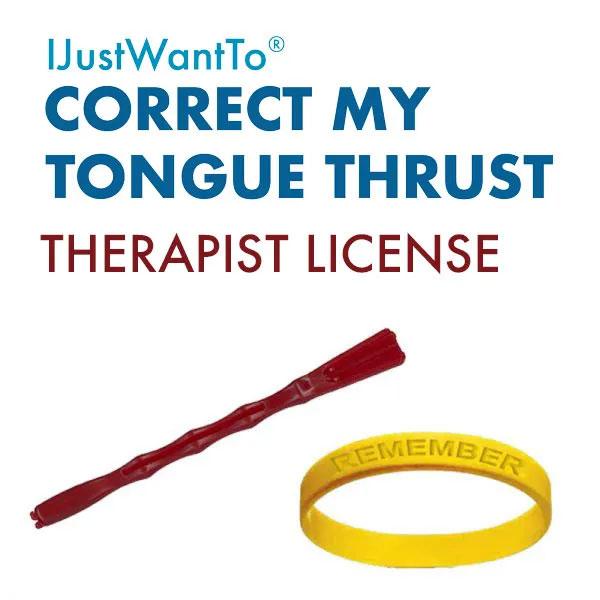Elbowed by Your Partner In Bed?
Tips for Combating Nighttime Movement
Movement during sleep can be triggered by a variety of different factors, a number of which may stem from issues with habits or the environment. The good news is that this means there are several easy steps you two can take to reduce the risk of you getting elbowed in the night by your partner.
Consider the following to reduce restless sleep:
- Use a Weighted Blanket: Weighted blankets have taken off in popularity for a reason. That extra bit of weight is calming to help you fall asleep and can help reduce movements throughout the night.
- Update Your Mattress: If it has been a while since your last purchase, consider looking for a mattress that reduces motion transfer, and that is big enough to leave space between two sleepers.
- Consider Dual Bedding: Even if you don’t get a knee or elbow in the back, that feeling of a tug or pull on the covers can be enough to disrupt many sleepers. Opt for separate bedding and blankets for you and your partner so you aren’t playing tug of war at night.
- Watch Out for Trouble Foods: You should be leaving a few hours between your last meal and sleeping, but for those with restless sleep having chocolate, drinks with caffeine, or MSG close to bedtime can all cause additional problems sleeping.
If you’ve tried environmental and habit changes and the restlessness continues, there may be an underlying cause or medical condition that needs to be addressed. The most common culprits are medical issues such as tongue thrust, sleep apnea, and restless leg syndrome. But sleep issues may also be caused by underlying health problems like thyroid disorders, anemia, or heartburn.
Is Restlessness During Sleep More Severe?
Being a little restless throughout sleep is normal and not considered a medical disorder; if your partner has more pronounced movement, there may be an issue with their REM sleep. While incredibly rare (less than 1% of the population is affected), REM Behavior Disorder is characterized by intense physical activity during deep sleep.
This activity is dramatic and potentially harmful to themselves or their partners. During deep REM sleep, most people are immobile; for those with a REM behavior disorder, this immobilization from the brain does not occur, and they ‘act out’ movements from dreaming. The exact cause is not known, but it affects men at a greater chance of developing the disease.
While it can’t be cured, with diagnosis and treatment, sleep can become more normal again. As with any medical issue, if you feel symptoms fall out of what is categorized as typical restlessness, speak with a professional.
Addressing Non-Environmental Factors
While having good sleep habits is essential no matter the circumstances, for many individuals, their ability to sleep restfully can be impeded by underlying medical conditions. Sleep disorders don’t always manifest with symptoms of uncontrolled movement, but it is frequent enough that seeking medical help for any of the following may help both you and your partner get more restful sleep.
- Restless Leg Syndrome: The uncontrollable urge to move the legs due to an accompanying uncomfortable crawling-like sensation when falling asleep.
- Periodic Limb Movement: Repetitive muscle twitching that occurs every 20-40 seconds during sleep.
- Breathing Issues: Sleep apnea and mouth breathing caused by tongue thrust not only add an auditory disruption to a partner's sleep but can increase the chance of involuntary movement.
- Insomnia: Difficulty falling or staying asleep can mean movement as the sleeper tries to get comfortable again.
Lifestyle changes like implementing a heart-healthy diet, daily exercise, and a good sleep schedule can help treat many of these. But for individuals where self-management just doesn’t work, cognitive behavioral therapy, prescription medications, and sleep aids are commonly prescribed. For breathing concerns, especially apnea, Continuous Positive Airway Pressure (CPAP) treatment is needed for continuous breathing.
Managing Poor Sleep Caused by Tongue Thrust
If you think you or a loved one may be experiencing poor sleep because of a tongue thrust, don’t worry. In most cases, it can be remedied with tongue exercises that will help stop mouth breathing and swallow correctly. Our program, IJustWantTo® Correct My Tongue Thrust, has helped many people achieve a better night's sleep by reducing airway obstruction.
For more information on this simple program, you can visit our store page and send us a question. Just a few simple exercises practiced for 5 to 10 minutes a day can have you get a better, more restful sleep in just seven weeks.



